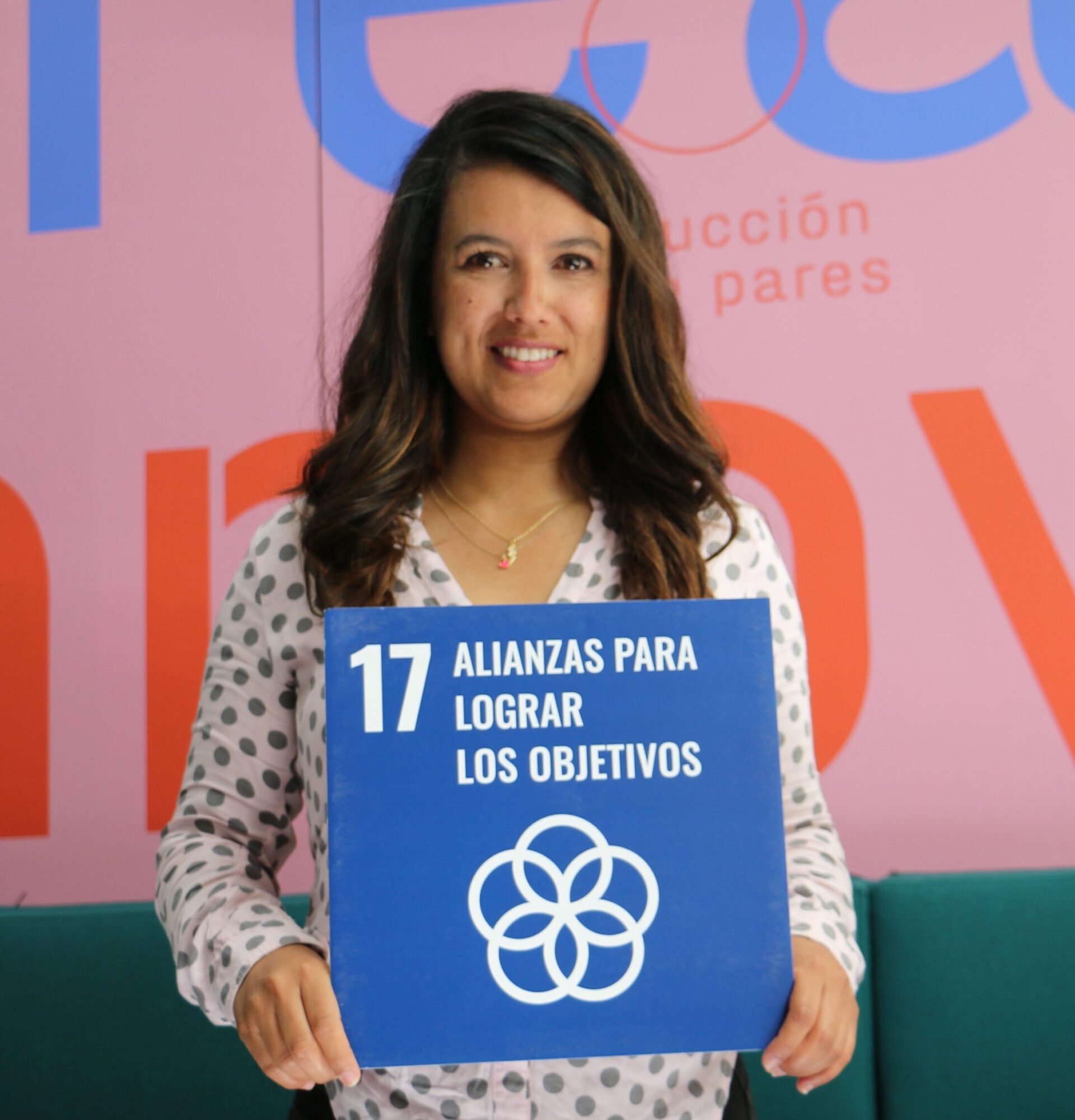5 story maps
were developed to promote the work of the institutional partnership projects
One objective of this project was to develop and implement a campaign for the promotion, access, and recognition of technical and vocational education and training (TVET) in each of the four PA countries.
The idea was to promote the new training programs and employment opportunities in the extractive sector, with a special emphasis on prioritizing the recruitment of women and breaking down gender stereotypes.
The second objective was to collaborate with the ministries of education in each PA country to develop communication capacities and implement best practices to ensure the sustainability of innovative promotion and marketing strategies. The project also sought to review and make recommendations for new policies for the promotion of TVET in the region.
These processes included changes within public bodies to incorporate a gender equality perspective in the institutional image and in the campaigns themselves, as well as competency building in the ministries’ communications teams.

An initial survey was conducted, revealing a general lack of awareness and an unfavourable perception of TVET. This assessment was necessary to move from promoting a specific program or sector to raising general awareness about and recognition of TVET at the national level in each of the PA countries.
In addition, Canadian experts led the development of six virtual training modules, for the four PA countries, around the different stages of developing a communications campaign: 1) action plan, research, and diagnosis; 2) ideation; 3) development; 4) delivery and implementation; 5) monitoring and evaluation; and 6) learning and sustainability.
Lastly, a mission to Durham College in Canada was organized in November 2022, which allowed the four ministry of education teams to meet in person. The participants formed collaboration networks between the different countries, shared lessons learned in the development of each of the national campaigns, analyzed similarities and differences, discussed best practices, and made suggestions on how to ensure the sustainability of the process.

5 story maps
were developed to promote the work of the institutional partnership projects
Regional training of
More than
exposed to the promotional campaigns developed
These training sessions brought the four networks together and were all well attended, with participants actively engaged in sharing experiences, challenges, and opportunities from their respective country. The final regional training module was held in Canada, with four representatives from each of the four countries attending and participating.
The national campaigns were created and designed in all four countries, and they were launched in Colombia, Mexico, and Chile. They have each far exceeded the target of 250 000 publications/persons exposed to the campaign (per country).
Gender equality and women’s empowerment was one of the program’s main strategies aiming at contributing to institutional transformation at the national and local levels. Clear messaging was developed to promote equality for women and men and other groups that are discriminated against due to their cultural, ethnic, sexual orientation, immigration, or other status.
The communication campaigns and all the products developed were mainstreamed from a gender equality and inclusion perspective, as were various communication initiatives in the local TVET institutions.
The level of political will and commitment of the beneficiary institutions was demonstrated in the campaigns to guide women who choose non-traditional female careers (which generally have a higher social and economic value) and in the campaigns developed by the partners against harassment and gender-based violence.

Hear what they say about it
